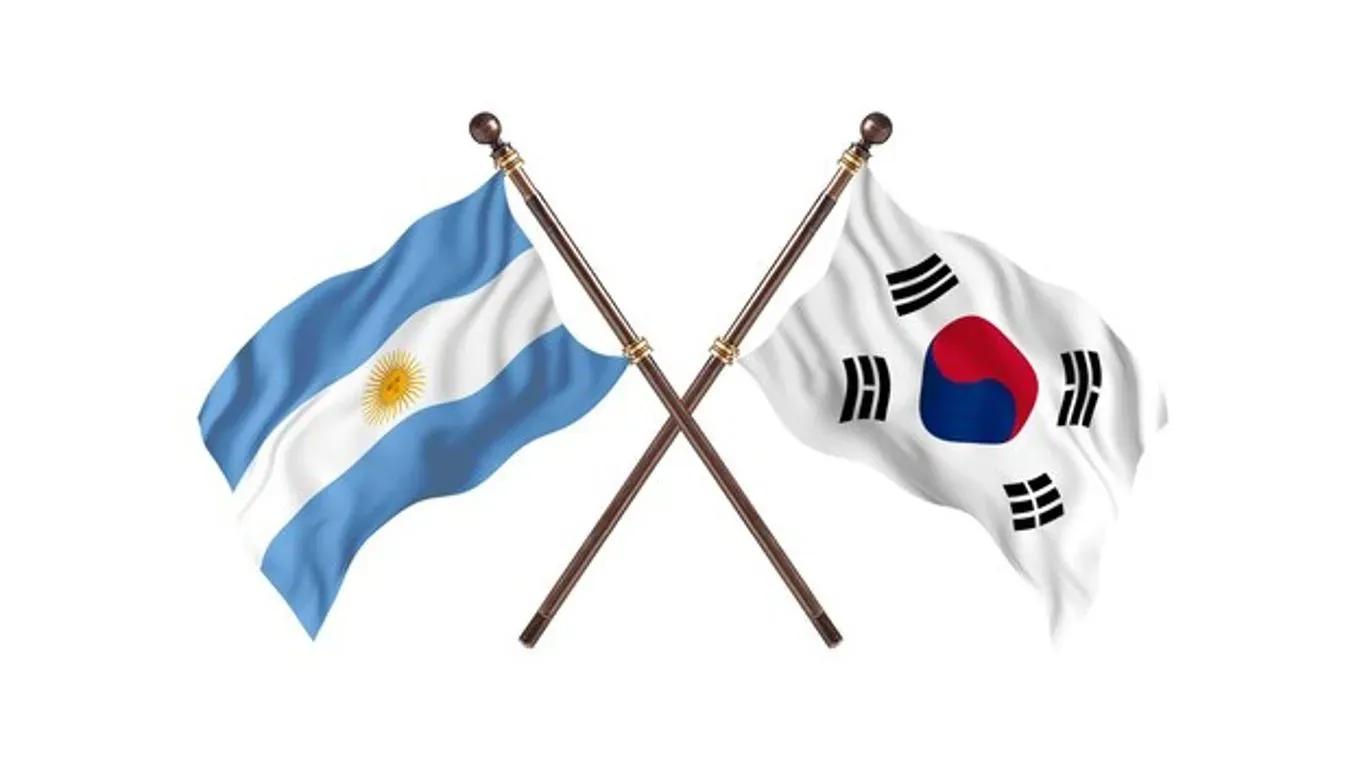At this point, artificial intelligence (AI) no longer needs any introduction; it has become a tool for everyday use and we no longer find it science fiction to encounter it everywhere, whether in a political campaign or on social media. But in light of this, it is appropriate to ask why it is so internationally promoted.
Regazzoni (2024) describes AI as a computer system (an algorithm) capable of converting inputs into outputs. In other words, based on the data induced into its system, it can generate its own documents, differentiating itself from certain operating systems that already have one or more responses stored in their system, and resembling more the cognitive abilities of a human mind.
According to the author, the development of AI has allowed it to progress in such a way that it can analyze data in real time and solve complex problems in a matter of seconds, constantly perfecting itself. The result? An AI can win debates and chess games, paint Renaissance-style paintings, remove tumors in a surgical theater, and much more. The product is practically endless.
But going to what concerns us, taking this logic to larger scales, AI has established itself as a fundamental and indispensable tool in making sound decisions and predictions in politics, markets, and defense, among other significant areas where it can anticipate and influence. Consequently, the AI industry has transformed in a five-year span to become one of the largest businesses in the international market, much like the internet did at its time; however, its development and functioning are so sophisticated, specific, and complex that it represents a market with limited access.
To be an AI maker requires billion-dollar investments and the knowledge of the best (and scarce) experts in the field. Therefore, due to the selective and disruptive nature of AI, that select group specializing in AI progress will enjoy an enviable position in the organization of the international order (Regazzoni, 2024). Consequently, Argentina should navigate its integration alongside a strategic partner that leads the way and allows us to delve into this market as a resource for soft and hard power.
At this precise moment, attention should be directed towards the Republic of Korea (commonly referred to as South Korea). The Asian state is currently outside the top 10 global AI developers, and its internal political situation is delicate, but it is the opportune market from which to launch a technical cooperation plan.
Firstly, Argentina and South Korea are already in talks to implement a Memorandum of Understanding in the area of ICT (Chief of Cabinet of Ministers, n.d.). Secondly and most importantly, South Korea is a leader in the production of semiconductors and specialists with doctorates in the field. Broadly speaking, a semiconductor, or microchip, is the heart of an AI system, but due to the high global demand for AI, South Koreans are facing a shortage in their production (Asia Report, 2024). To avoid a dramatic decline in their production, the South Korean government is preparing an investment of 14 trillion won or 10 billion U.S. dollars (Juárez, 2024).
In light of this, a strategic alliance with South Korea, where both states can complement and feed off each other—Argentina has lithium for semiconductor production, and South Korea has the necessary expertise for training critical talent for the national development of AI—allows us to plan Argentina's role in the future international order so that we do not solely depend on our agro-industrial sector and exporting capabilities, positioning ourselves as a hub for AI in a region that is currently unexplored.
President Milei has expressed his interest in AI by attending related events and highlighting its utility for nuclear energy. His goal is clear: to turn the country into an AI hub. On the other side, regarding the political crisis in South Korea stemming from the imposition of martial law by President Yoon Suk-yeol and his eventual ousting, it found a swift resolution within constitutional parameters; therefore, the thesis suggesting instability in the Asian country is unfounded.
In short, an intelligent alliance and technical cooperation with the Republic of Korea could mean for our country a step forward from its international lag and position itself with greater authority in making decisions within the international concert.
References:
Chief of Cabinet of Ministers (n.d.). International Cooperation. Africa, Asia, and Oceania Division. South Korea. https://www.argentina.gob.ar/ciencia/seppCTI/cooperacion-internacional/division-africa-asia-y-oceania/corea-del-sur
Juárez, C. (2024, November 29). South Korea to Boost Chip Production with 10 Billion USD. The Logistics World. https://thelogisticsworld.com/actualidad-logistica/corea-del-sur-impulsara-la-produccion-de-chips-con-10-000-mdd/
Regazzoni, C. J. (2024). Artificial Intelligence, Argentina, and the Global Order. Argentina Council for International Relations. https://cari.org.ar/uploads/articles/Paper%20Regazzoni%20(ESPA%C3%91OL).pdf
Asia Report (2024, October 2). South Korea Faces an Alarming Semiconductor Crisis. https://reporteasia.com/sin-categoria/2024/10/02/corea-sur-alarmante-crisis-semiconductores/

Comments